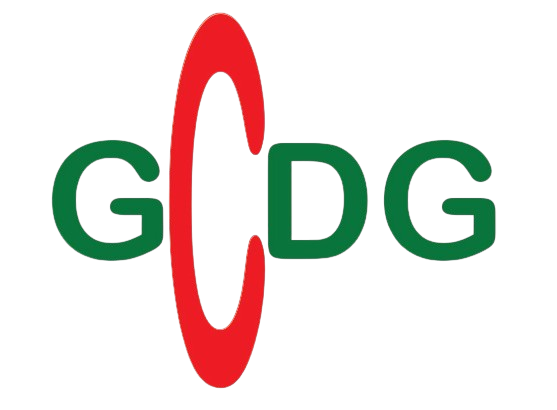Preamble
The enduring historical struggle of the Bengali people for justice, equity, human dignity and democratic freedom was supposed to end with the victory in the liberation war of 1971 against a cruel, unjust and undemocratic Pakistani regime. Independence was declared by the Father of the Nation, Bangabandhu Sheikh Mujibur Rahman (1920-1975), on March 26, 1971, and the victory was achieved on December 16, 1971, after 9 months of brutal war. The victory came with the sacrifice of 3 million lives, rape and dishonour of more than two hundred thousand Bengali women, and destruction of homes, livelihood and livable infrastructures. However, people’s aspirations and dreams of the liberation war have never materialized, partly because of the assassination of Bangabandhu Sheikh Mujibur Rahman on 15 August 1975 by a miscreant group of army personnel and the heinous anti-liberation forces just 3 years after achieving independence. Although remarkable development and progress in all sectors were made by the governments led by the pro-liberation political parties, the continuity of the progress was frequently interrupted and hindered by the ever-vigilant anti-liberation forces. Under this background, we, a group of liberal intellectuals of the Bangladeshi diaspora and the people of Bangladesh do recognize the immense social, political and economic challenges of Bangladesh and hereby establish a think-tank platform to promote democratic values and safeguarding human rights, justice, equality and good governance through policy research, advocacy, and community engagement.
Vision
We envision Bangladesh being governed by the spirit of the liberation war, ensuring democracy, equality, human dignity, and social justice where the people are united, secular, non-communal and knowledge-based, striving for shared progress and happiness.
Mission
Empower the Bangladeshi Community by using collaborative excellence to bridge Bangladeshi and global intellects through visionary research, advocacy, and cross-cultural exchange of expertise.
Values
We believe in and uphold the spirit of the liberation war.
We believe in and uphold universal human rights.
We promote honesty, integrity, fairness and openness.
We accept responsibility for our words and actions.
Featured Initiatives
GCDG actively engages in multiple projects that address pressing socio-political issues in Bangladesh. Some of our key initiatives include, but are not limited to, the following:
1. Democracy, Human Rights & Good Governance
We conduct in-depth research and policy analysis to propose actionable solutions for strengthening democratic institutions. Our advocacy efforts focus on electoral integrity, transparency, protection of human rights, and good governance.
2. Secularism & Social Justice Campaigns
Promoting a secular and inclusive society is at the heart of our mission. We run awareness campaigns, public forums, and educational programs to foster social justice and combat discrimination.
3. Gender Equality & Women's Empowerment
We promote the rights and opportunities of women through policy advocacy, community engagement, and educational initiatives aimed at achieving gender equality and eliminating gender-based violence and discrimination.
4. Civic Engagement & Youth Leadership
Empowering the next generation of leaders is crucial for democratic sustainability. Our youth-focused programs provide training, mentorship, and platforms for young voices to engage in policy discussions and activism.
5. Research & Publications
Through rigorous academic research, reports, and publications, we provide valuable insights into democratic governance, human rights, and socio-political challenges in Bangladesh.
6. Digital Democracy & Media Literacy
Recognizing the power of digital platforms, we promote media literacy, counter misinformation, and advocate for responsible digital governance to ensure a well-informed public.
7. Freedom of Press & Media Integrity
We stand for press freedom and support independent journalism. Our initiatives aim to combat misinformation, promote ethical reporting, and ensure that journalists can work without fear or censorship.
